Search
Remove Ads
Advertisement
Summary 
Loading AI-generated summary based on World History Encyclopedia articles ...
Search Results
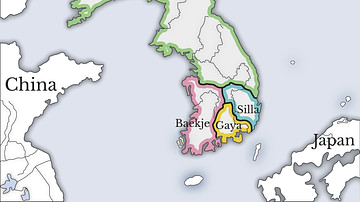
Definition
Three Kingdoms Period in Korea
The Three Kingdoms Period of ancient Korea (57 BCE – 668 CE) is so-called because it was dominated by the three kingdoms of Baekje (Paekche), Goguryeo (Koguryo), and Silla. There was also, though, a fourth entity, the Gaya (Kaya) confederation...
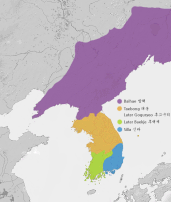
Definition
Later Three Kingdoms Period
The Later Three Kingdoms period (889-935 CE) of ancient Korea saw a partial revival of the old three kingdoms which had dominated the peninsula from the 1st century BCE to the 7th century CE. After the Unified Silla kingdom had ruled Korea...

Article
The Early Three Kingdoms Period
The Early Three Kingdoms Period in ancient China, from 184 CE to 190 CE for the purposes of this article, was one of the most turbulent in China's history. With an ailing Han government unable to control its empire, brutal localised wars...

Definition
Ten Commandments
The Ten Commandments introduce the legislation received by Moses on Mt. Sinai after the Israelites escaped from Egypt (as related in the biblical book of Exodus). The "ten commandments" is often used as shorthand for the basic rules that...
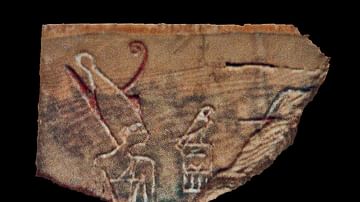
Article
The Five Great Kings of Egypt's Early Dynastic Period
Egypt's Early Dynastic Period (3150-2613 BCE) lay the foundation of what would become one of the most impressive civilizations of the ancient world. The kings of this era, except for Narmer and Djoser, are often overlooked but were responsible...
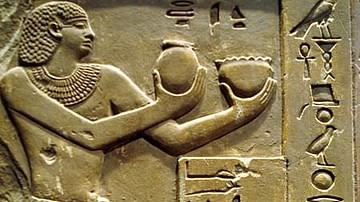
Definition
First Intermediate Period of Egypt
The First Intermediate Period of Egypt (2181-2040 BCE) is the era which followed the Old Kingdom (c. 2613-2181 BCE) and preceded the Middle Kingdom (2040-1782 BCE) periods of Egyptian history. The name was given to the era by 19th-century...
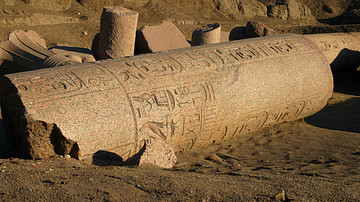
Definition
Third Intermediate Period of Egypt
The Third Intermediate Period (c. 1069-525 BCE) is the era following the New Kingdom of Egypt (c. 1570-c.1069 BCE) and preceding the Late Period (c.525-332 BCE). Egyptian history was divided into eras of 'kingdoms' and 'intermediate periods'...
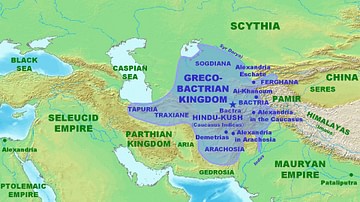
Article
Greco-Bactrian and Indo-Greek Kingdoms in Ancient Texts
The rarity of the appearance of Greco-Bactrian and Indo-Greek kingdoms in ancient literature is one of the reasons why those states are so little-known today. Indo-Greek literature did exist, but none has been found that speaks about the...
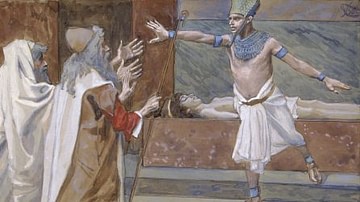
Definition
Ten Plagues of Egypt
The story of the ten plagues of Egypt is found in chapters 7-12 of the Book of Exodus. The story depicts the natural disasters sent by the God of Israel to convince Pharaoh to let the Hebrew slaves leave Egypt. The narrative purpose of the...

Definition
Ancient Korea
Korea, located on a large peninsula on the eastern coast of the Asian mainland, has been inhabited since Neolithic times. The first recognisable political state was Gojoseon in the second half of the first millennium BCE. From the 1st century...